Where Workers Lead the Tech Conversation
Stories, tools, and standards to help workers, families, and communities navigate AI and the future of work.
Home of The Human Interface Project, Industry Futures Forums, and the "More of Us" worker stories
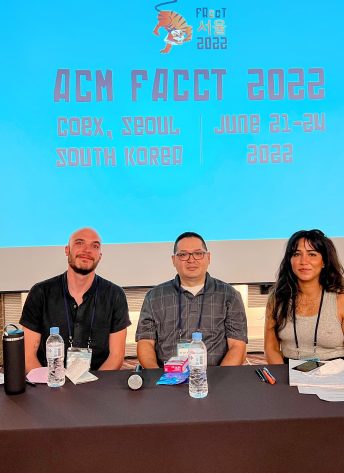
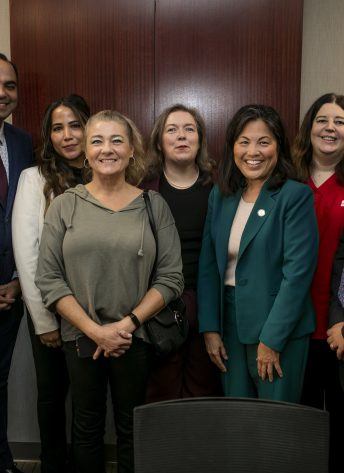
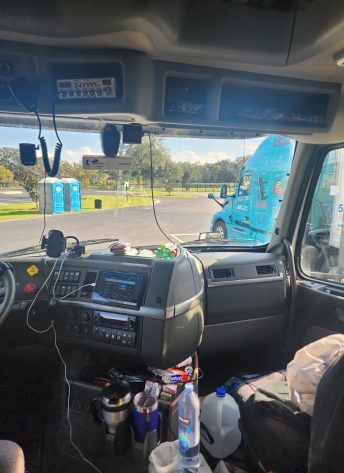
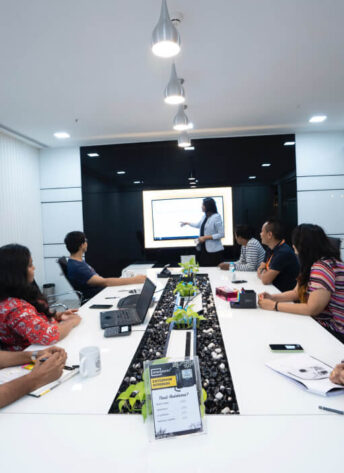
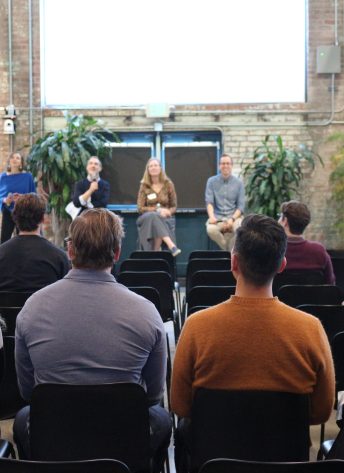
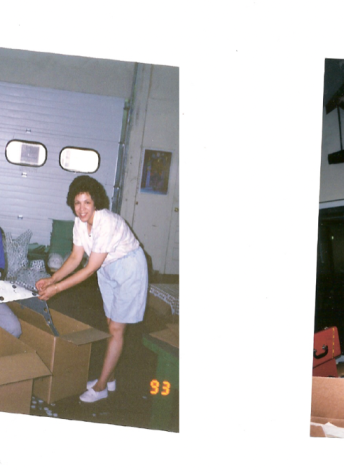
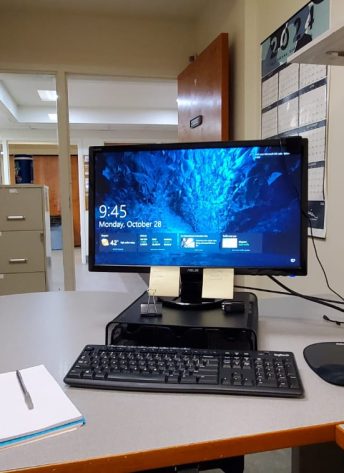

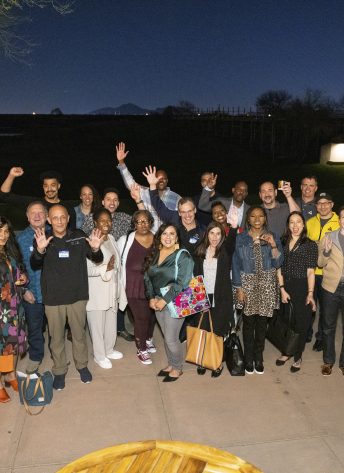

Join us!
Take action
Hear Worker Stories
Use the Worker Tech Standards
Start or Join an Industry Forum
Get Assistance
01
Workers
Workers across industries share how technology is changing their jobs, families, and futures — and help shape standards for fair, safe, and dignified work.
Read More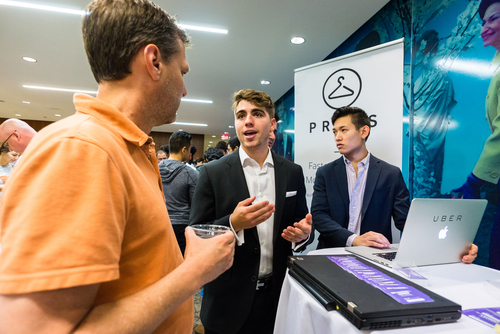
02
Unions & Worker Organizations
Partner with us to turn workers’ stories into concrete standards, contract language, and strategies for confronting AI and new technologies on the job.
Read More
03
Community & Media
Work with us to surface frontline worker stories, explain complex tech changes in plain language, and build coverage that connects everyday life to decisions about AI and the future of work.
Read More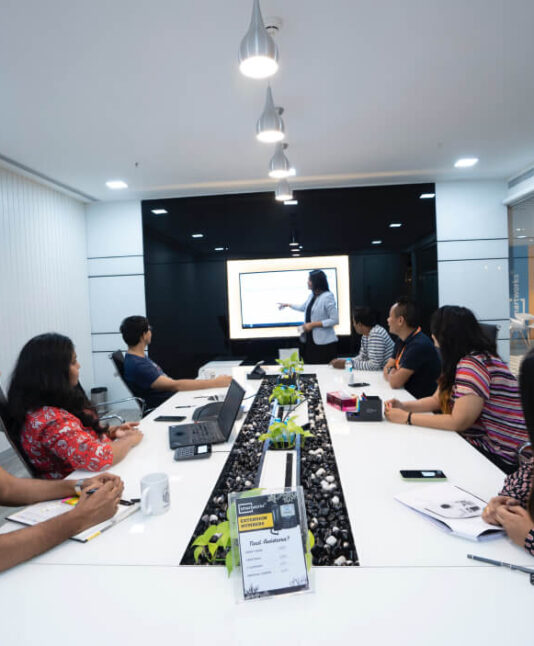
04
Investors / Founders / CEOs / Boards
Partner with us to understand how AI and workplace technologies impact workers on the ground—and use those insights to make smarter, more accountable decisions about products, capital, and governance.